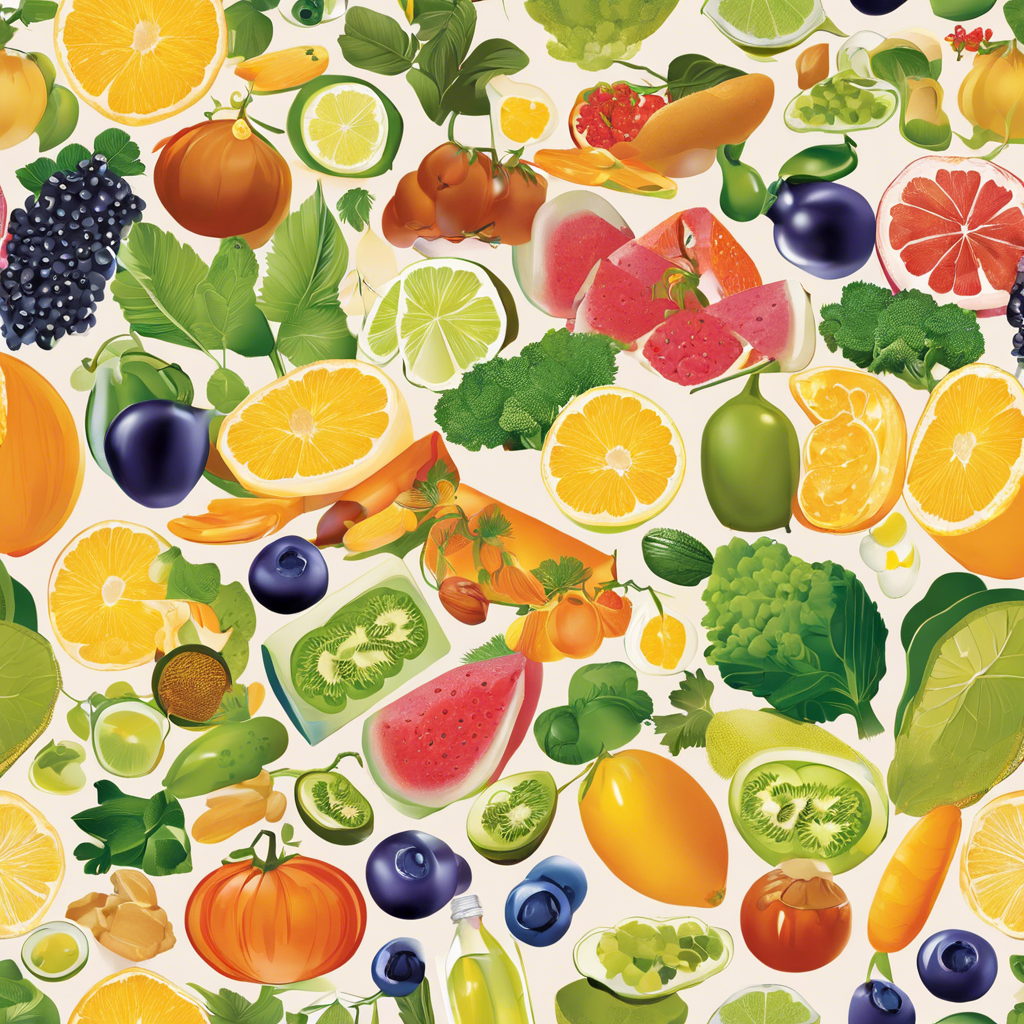Vitamins and minerals are essential micronutrients that our bodies need to function properly and maintain overall health. While we only need small amounts of these nutrients, their impact on our well-being is significant. Let’s take a closer look at some of the most crucial vitamins and minerals for optimal health and why they matter.
First and foremost, we have the B vitamins, which are a group of eight water-soluble vitamins that play pivotal roles in energy production and metabolic function. They help convert the food we eat into usable energy and support the health of our nervous system. B vitamins are found in a variety of foods, including whole grains, meat, and leafy green vegetables.
Vitamin C is another water-soluble vitamin that is renowned for its antioxidant properties. It aids in boosting immunity, promoting iron absorption, and supporting the production of collagen, which is necessary for healthy skin, bones, and connective tissue. Citrus fruits, bell peppers, and broccoli are excellent sources of vitamin C.
When it comes to fat-soluble vitamins, vitamin D deserves a special mention. Often referred to as the ‘sunshine vitamin’, vitamin D plays a crucial role in calcium absorption and bone health. It also has implications for mood regulation and immune function. Our bodies can synthesize vitamin D when our skin is exposed to sunlight, but it is also found in fatty fish and fortified dairy products.
Calcium, the most abundant mineral in the human body, is essential for building and maintaining strong bones and teeth. It is particularly important to get enough calcium throughout our lives to prevent osteoporosis later on. Dairy products are renowned for their calcium content, but we can also find it in dark leafy greens, tofu, and calcium-fortified foods.
Iron is crucial for carrying oxygen in red blood cells throughout our bodies. A lack of iron can lead to anemia, which is characterized by fatigue and weakness. There are two types of dietary iron: heme iron, found in meat, poultry, and fish, and non-heme iron, found in plant-based sources like lentils, beans, and spinach.
